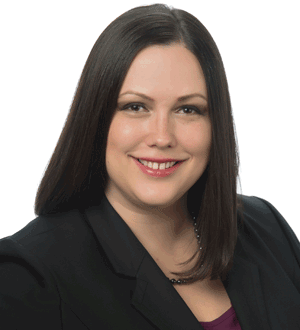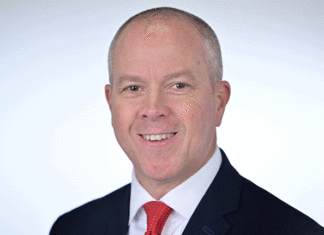After hosting nearly a year of worksite wellness workshops, the Greater Vancouver Chamber of Commerce has learned one thing – no one wants to talk about mental health.
In the business world mental health translates to workplace burnout, loss of productivity and the physical symptoms that result in absences correlated to rising stress levels. If stress in the workplace impacts more than 75 percent of all employees, why are the Chamber’s wellness workshops (that focus on mental health) the least attended? Perhaps we’re on the edge of a cultural shift and articles like this, and programs like the Vancouver Business Journal’s Healthiest Companies are moving conversations forward on issues of wellness and health in the workplace.
While worksite wellness plans are on the rise, they are not formulaic. A small tech company, a retail store and a small design firm cannot Google “worksite wellness plans” and have a manageable plan outlined to cut and paste. The ROI has been proven, we don’t think the Chamber must convince any businesses of the value of worksite wellness plans. Instead, we’ve concentrated our efforts on providing programming that a business can essentially plug into. After a year of offering a Wellness Workshop each month, our membership has truly connected to content about improving physical mobility.
The three most attended workshops were hosted by Sherri McMillian of NW Personal Training, Dr. Gloria Arroyo-Grubbs of TriStar Chiropractic and Jeni Gall of Move Physical Therapy. This does not come as a surprise; these three women excel at what they do and offered outstanding content.
However, the three mental health focused workshops in 2017 did not fare so well in attendance. The topics were Combating Workplace Burnout, How to De-Stress the Deadline and Dealing with Difficult Co-Workers. They all provided relevant and insightful content, equipped with excellent tactics for employees coping with stress in the workplace. Our expectations were to sell out these workshops – countless times, magazines in the checkout lines at grocery stores reflected the exact content. In the programming world this is what you hope for, to provide a local avenue to connect with national trends in workplace wellness and productivity.
The quality of speakers, and the direct impact on the company’s bottom line begs the question – why the decrease in turnout? It’s a sobering fact that workplace stress has a $200 billion negative impact on U.S. employers annually. The stress-related expenses employers face are staff turnovers, absent workers, workers’ compensation, medical insurance, workplace mediation and the biggest one – lower productivity. This is not to mention the impacts of stress physically on employees, i.e. hypertension, diabetes and cardiovascular conditions, to name a few.
As Southwest Washington’s largest business association, do we look at the attendance numbers and cancel mental health topics in our wellness workshop series? Or do we reaffirm our commitment to offer mental health topics due to its impact on employers? This is a time when we make a judgment call, and ask our community to do the tough work and look at the issue of mental health in the workplace.
In November at our last wellness workshop of 2017, we will host instructor Cyndie Meyer, RD, from Clark County Public Health. She will instruct a workshop on an emerging trend in mental health and talk about how childhood toxic stress impacts employee productivity. Science is helping us to understand how the trauma and stress we may have experienced in childhood continues to affect us as adults – in our physical and mental health, our relationships and our productivity.
We invite you to the Chamber on Thursday, Nov. 16 to our “Ready, Set, Go!” Wellness Workshop, presented by Legacy Salmon Creek Medical Center to learn about how growing up with adversity can either shape us or challenge us. Gain insight into working with others who may have experienced traumatic childhoods, and learn some secrets of self-care and self-regulation.
Meyer is the manager of chronic disease and injury prevention at Clark County Public Health. She is a frequent presenter on the topic of Adverse Childhood Experiences (ACEs) and resilience, and facilitates the county-wide ACEs Action Alliance. She is a registered dietitian and served as director of nutritional care at PeaceHealth Southwest (then Southwest Washington Medical Center), St. Helens Hospital and Humana Hospital Huntington Beach. RSVP at www.vancouverusa.com and ask any questions directly to cchase@vancouverusa.com.
Chandra Chase is the communications director for the Greater Vancouver Chamber of Commerce.





